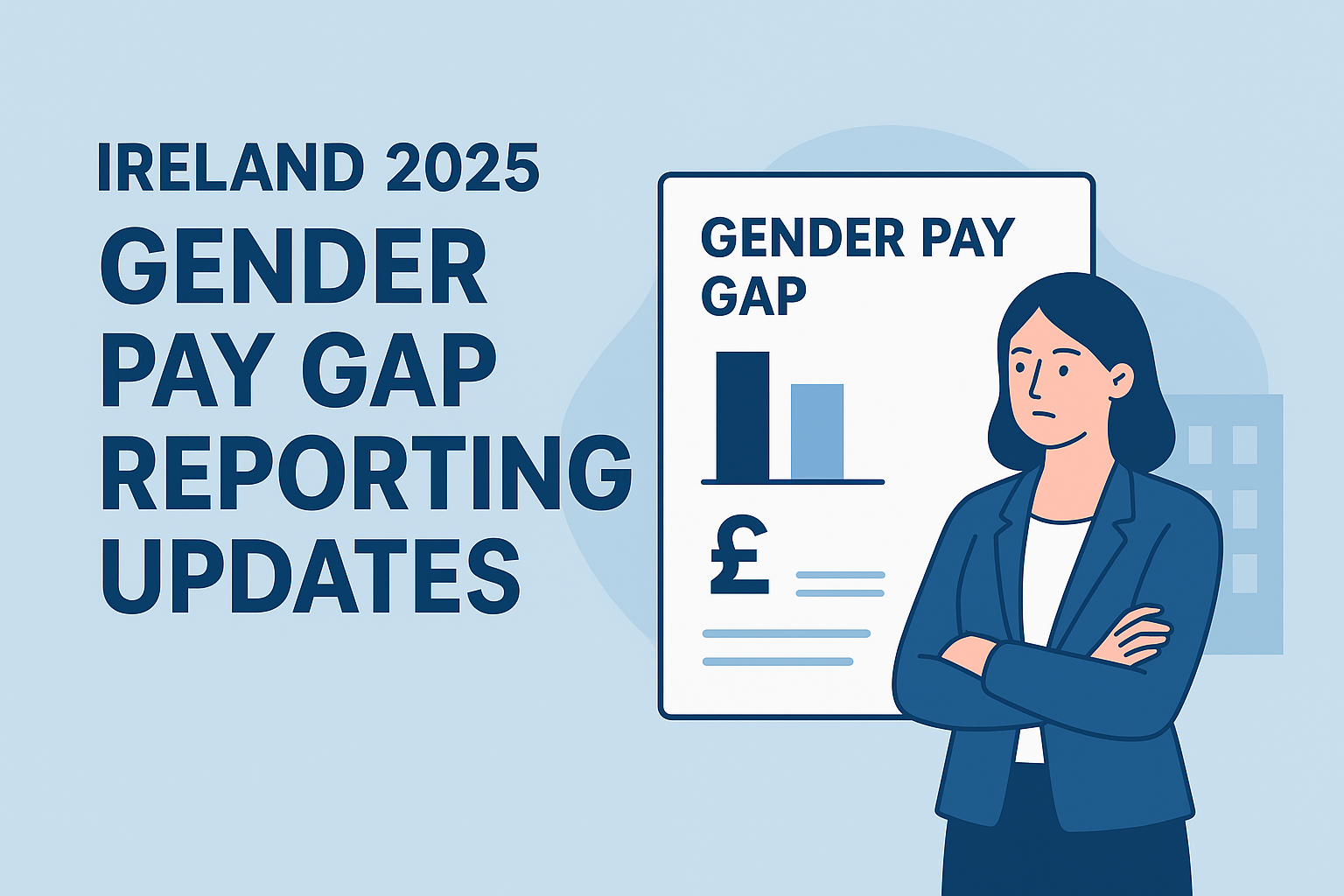Introduction
Two important changes are currently being discussed in the Cabinet on foot of the Maternity Protection (Amendment) and Miscellaneous Provisions Bill 2024 (the “2024 Bill”). The 2024 Bill seeks to amend the current Maternity Protection Act 1994 (as amended) (the “1994 Act”), as well as the Employment Equality Act 1998 (as amended) (the “1998 Act”) by introducing two new important sections.
Postponement of Maternity Leave
Under the current 1994 Act, maternity leave can only be postponed if the child is hospitalised. This restriction currently means, that women on maternity leave who are diagnosed with a serious illness, such as cancer, loose the benefit of their statutory leave while undergoing treatment for the illness, as this scenario would typically be covered under sick leave. Practically, both leaves would run concurrently. The alternative, is for the women to use up her maternity leave to receive treatment. Not the intended purpose of this leave.
The Bill proposes a new provision, Section 14C, which, if introduced, would allow an employee on maternity leave and who is diagnosed with cancer or any other serious illness during their pregnancy, to postpone all or part of their maternity leave. The postponement, however, cannot exceed 52 weeks, and the resumed leave must be taken in a continuous period.
According to the 2024 Bill, where an employee intends to postpone the maternity leave, the employee is obliged to:
- Notify their employer in writing of the intended postponement, specifying the commencement date.
- Provide the notification at least two weeks before the intended postponement date.
- The notification must be accompanied by a medical certificate detailing the nature and extent of the employee’s health condition and any required medical intervention. This certificate must be issued by a medical practitioner registered under Section 47 of the Medical Practitioners Act 2007, who holds qualifications in a relevant medical specialty as recognized by the Medical Council under Section 89 of the 2007 Act.
Currently, the proposed section does not cover serious mental health issues, but the Department is considering whether to extend these provisions to include such conditions.
Additionally, the 2024 Bill proposes changes to include a legislated right to maternity leave for members of the Oireachtas. This new entitlement would ensure that women in politics are afforded equal maternity leave rights, allowing for 26 weeks of maternity leave and additional maternity leave. This leave can also be postponed due to the hospitalisation of the child or serious illness of the mother
Sexual Harassment and NDAs
The 2024 Bill proposes to amend the Employment Equality Act 1998 to address the power imbalance between employers and employees, specifically concerning the use of Non-Disclosure Agreements (“NDAs”) in settlements involving acts sexual harassment. NDAs are contractual provisions that prevent an employee from disclosing certain information about a dispute, typically in exchange for a payment or other consideration. While NDAs are widely used to protect confidential business information, their use in cases of sexual harassment has raised concerns, as they can be used by employers to silence employees and conceal misconduct.
The 2024 Bill seeks to mitigate this issue by imposing restrictions on the use of NDAs in cases involving allegations of discrimination, harassment, sexual harassment, or victimisation. Under the proposed legislation, an NDA will only be enforceable if the ‘relevant employee’—defined as an employee who has experienced or made an allegation regarding such misconduct—explicitly requests it. This provision aims to empower employees and prevent them from being pressured into agreements that may not be in their best interest.
Additionally, the Bill mandates that employees must be provided with independent legal advice, funded by the employer, before entering into an NDA. This requirement ensures that the employee fully understands the implications of signing the agreement and can make an informed decision. The NDA must also be clearly defined in writing, have a limited duration, and include a 14-day “cooling off” period during which the employee can withdraw from the agreement without penalty.
These proposed changes are designed to protect employees’ rights and promote transparency, ensuring that NDAs are not used to cover up unlawful conduct and that employees have the necessary support and information to make informed choices. The Bill also outlines that certain communications, such as those with law enforcement, legal, medical, and mental health professionals, or specified others, are not restricted by these NDAs, safeguarding the employee’s right to seek help and support.
In summary, the 2024 Bill introduces significant reforms to the use of NDAs in employment contexts, aiming to balance the interests of both employers and employees while ensuring that allegations of serious misconduct are not unjustly suppressed.
Spotlight for Employers
Postponement of Maternity Leave: The 2024 Bill allows employees to postpone maternity leave for up to 52 weeks if diagnosed with cancer or a serious illness. Employers must be prepared to accommodate these extended leave periods and comply with notification and certification requirements, underscoring the need for flexibility and support. Furthermore, employers should begin to review their maternity leave policies and make provision for this impending change.
NDAs: Under the proposed amendments to the Employment Equality Act 1998, employers can only use NDAs in cases of discrimination, harassment, or victimisation if the employee requests it. The NDA must include independent legal advice (funded by the employer), a clear scope, a limited duration, and a 14-day cooling-off period. Employers should ensure compliance with these new regulations to maintain transparency and avoid legal issues. If not, an employer risk having any such NDA voided on the basis of illegality. Currently, most NDAs are signed with both parties having legal representation to ensure they are binding.
This article was co-written by Don McGann (Partner), Robin Hyde (Partner) and Gloria Malandra (Pre-Trainee)










